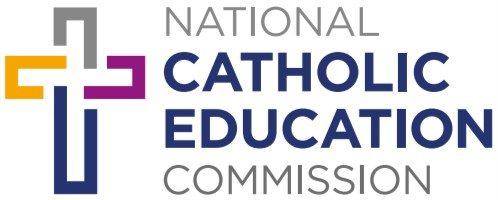-
Acts of the Apostles
A book of the New Testament found immediately after the Gospels. It is a sequel to the Gospel of Luke, by the same author. Acts tells the story of the Spirit-led mission of the Church after Jesus' Ascension, the beginning of its emergence from Judaism and its spread in parts of the Roman Empire.
-
Apocalypse/Apocalyptic literature
A literary style more common in the ancient world than the modern one. It involves unveiling or unfolding of things not previously known and which could not be known before this story was told. “Apocalypse”, a Greek word, equates to the Latin-originated English word “revelation”. Describing major change-events involving great destruction as “apocalyptic” has nothing to do with the original meaning of the word but derives from some such events being found in the last book of the Bible called the Book of Revelation or the Book of the Apocalypse.
-
Apocrypha / Deuterocanonicals
Seven Old Testament books that Martin Luther and other 16th century Protestant reformers decided should not form part of the canon (see below) of Scripture but which the Catholic Church retained. The books are Judith, 1&2 Maccabees, Wisdom, Sirach (sometimes called Ecclesiasticus) and parts of Daniel and Esther.
-
Apostle
One sent by Jesus to continue his work. Originally “The Twelve” were men called by Jesus from among his disciples to be especially close followers of his. All Christians are, through their baptism, called to be both disciples and apostles of Jesus. “Apostle” (Greek) and “Missionary” (from Latin) both mean “Someone sent away with a task to do”.
